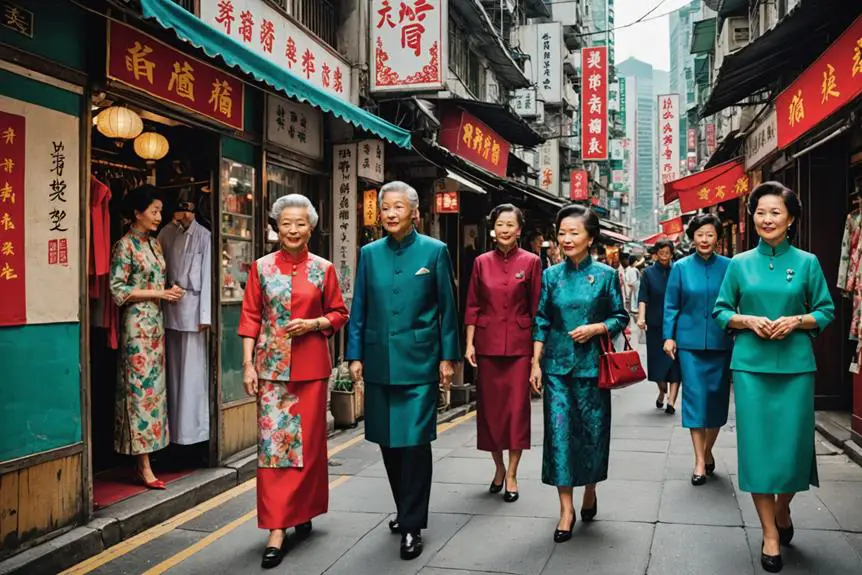Stuart Trevor, founder of AllSaints, challenges the fashion industry to rethink staff uniforms and embrace sustainability through innovative practices.
Stuart Trevor, the founder of the renowned fashion brand AllSaints, has set his sights on transforming the fashion industry by challenging traditional norms, particularly in the hospitality sector. Speaking at a hotel investment conference held at the Pan Pacific Singapore, Trevor emphasized the need for hoteliers to reconsider how they dress their staff, as he advocates for an innovative new approach to fashion that does not involve producing new clothing.
Trevor, who has a notable history of outfitting iconic musicians such as Depeche Mode and Destiny’s Child, introduced his latest venture, which he describes with a mischievous tone: “Imagine a clothing company that does not produce any clothing.” This ambitious project stems from his belief that typical hotel uniforms, largely composed of polyester, are detrimental not only to the planet but also to the people who wear them. “That’s madness,” he remarked during his presentation, pointing out the environmental impact of conventional fabric choices.
Born in Scotland into a low-income household, Trevor’s journey into the fashion world began out of necessity. At a young age, he learned to sew and adeptly customized second-hand clothes. This early experience shaped his passion for style, which he found further inspiration for by watching David Bowie. “I’ve always dressed everyone,” Trevor noted, alluding to his broad influence in the fashion industry.
After a decade working at Reiss, Trevor launched AllSaints, a brand celebrated for its rock-inspired aesthetic and commitment to quality. “We wanted everything to last – beautiful quality clothes, natural fibers, nothing too wacky, and never following trends,” he explained. With a vision to make stylish clothing accessible, he innovated by introducing hoodies to the UK market in the mid-90s, long before they became mainstream. Although AllSaints blossomed into a £350 million business, internal disagreements eventually led him to depart, teaching him the importance of control and integrity in his creative endeavors.
Following his exit from AllSaints, Trevor dedicated his skills to assist startups focused on creating positive social change. He collaborated with various initiatives, ranging from bakeries that support victims of domestic abuse to coffee shops that provide jobs for ex-offenders. This focus on social responsibility, combined with a growing awareness of environmental issues, prompted him to rethink the fashion paradigm. “The world doesn’t need another clothing brand,” he stated bluntly, proposing that upcycling and customizing vintage garments could be the future of sustainable fashion.
His new initiative began informally; a small gathering in a vacant London loft ballooned into an unexpected success, attracting 750 attendees eager to purchase his unique offerings. The endeavor rapidly expanded to encompass thousands of customers and an online presence, establishing a loyal following.
Trevor’s vision for an “anti-fashion fashion brand” revolves around a circular fashion model that repurposes and creatively reimagines vintage items and surplus materials. His garments are designed to avoid synthetic fabrics like polyester, which he argues is equivalent to wearing plastic. In his broader ambitions, he aims to build a comprehensive ecosystem that incorporates sustainable practices across various domains, including food, hospitality, and staff uniforms.
Trevor poignantly highlights the pitfalls of conventional uniforms: “Most uniforms are made of polyester, we should not be wearing polyester on our skin; it’s like staff wearing plastic bags to greet guests.”
At the age of 50, Trevor expresses that his current pursuits are driven more by meaning and artistry than by financial gain. “I want to build the world’s most sustainable brand,” he stated, reflecting on his lifelong journey. He emphasizes the importance of staying true to one’s vision and remaining focused, offering advice to young entrepreneurs to always adhere to their passions, even when the choices they make may not be widely understood.
Source: Noah Wire Services




